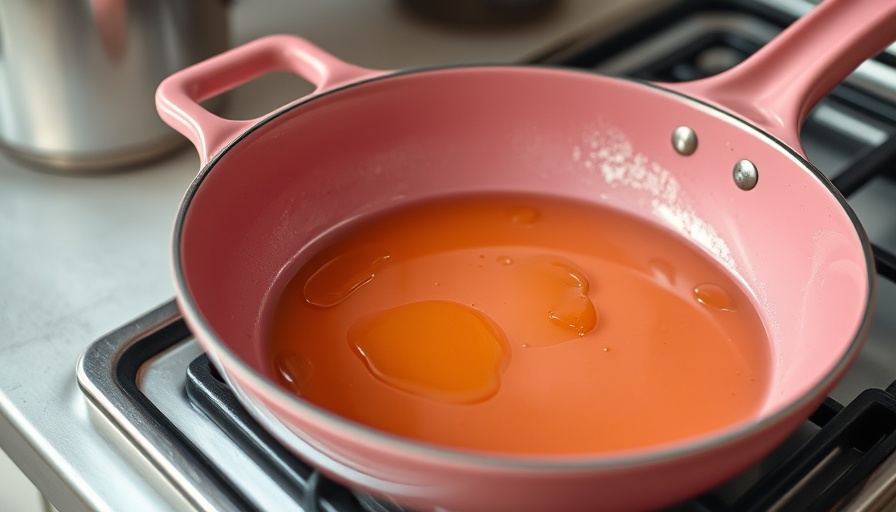
Why Properly Disposing of Cooking Oil Matters
Many of us enjoy cooking with oil, whether it’s for frying crispy vegetables or sautéing aromatic spices. Yet, the task of disposing of used cooking oil often becomes an afterthought. Pouring even small amounts down the drain might seem harmless, but it can lead to severe plumbing problems over time.
As environmentalist and cooking oil recycler Jorge Argota aptly points out, used cooking oil congeals, creating blockages that affect households and sewer systems alike. A clogged pipe can lead to unpleasant odors, costly repairs, and even environmental damage. Surprisingly, municipalities face millions in expenses due to the consequences of improper oil disposal.
The Legal Landscape of Cooking Oil Disposal
Local regulations are increasingly acknowledging the environmental risks associated with used cooking oil. Most municipalities enforce Fats, Oils, and Grease (FOG) ordinances to prevent homes and restaurants from disposing of cooking oil down the drain. These regulations necessitate grease traps in restaurants and promote recycling programs to mitigate environmental impact. To find specific guidelines in your area, search online or reach out to local public works departments.
Step-by-Step Guide: How to Dispose of Cooking Oil
When faced with the task of disposing of used cooking oil, remember: cool, contain, and recycle. Here’s a detailed guide:
- For small quantities (a half cup or less): Let the oil cool and then wipe it with a paper towel to toss in the trash. Alternatively, you can mix it with baking powder or kitty litter to solidify it.
- For a few cups: Place the cooled oil into a closed container, like a jar or milk carton, then throw it away.
- For larger amounts: Strain the oil back into its original bottle or sturdy container and take it to a cooking oil recycler or a hazardous waste center.
Where to Find Cooking Oil Disposal Options
If you’re wondering where to dispose of that fryer full of oil, fear not! Resources like Earth911 offer recycling locators that can direct you to drop-off sites across the country. Additionally, many local waste management departments facilitate oil collection and recycling events, especially around the holiday seasons.
Connecting Cooking Oil Disposal to Sustainable Living
Disposing of cooking oil correctly isn’t just about plumbing; it’s about fostering a sustainable environment. By recycling used cooking oil, we support green initiatives and contribute to our community’s well-being. With growing environmental concerns, prioritizing responsible disposal methods helps reduce our carbon footprints and promotes a healthier planet for future generations.
Creating a Greener Home with DIY Solutions
Incorporating sustainable practices into your home can go beyond cooking oil. Embrace DIY home improvement and cleaning hacks to promote sustainability! Consider simple projects like:
- DIY composting: Turn kitchen scraps into rich compost.
- Outfitting your kitchen: Invest in kitchen accessories made from recycled materials.
- Green renovations: Use eco-friendly paints and materials to enhance your living space.
These projects don’t just improve your environment but are also fulfilling DIY home projects that can add value to your lifestyle.
In sum, whether it's recycling cooking oil or taking on meaningful DIY home improvement tasks, every small action contributes to a larger change. By being mindful of our practices, we protect our homes, communities, and the environment.
 Add Row
Add Row  Add
Add 




Write A Comment